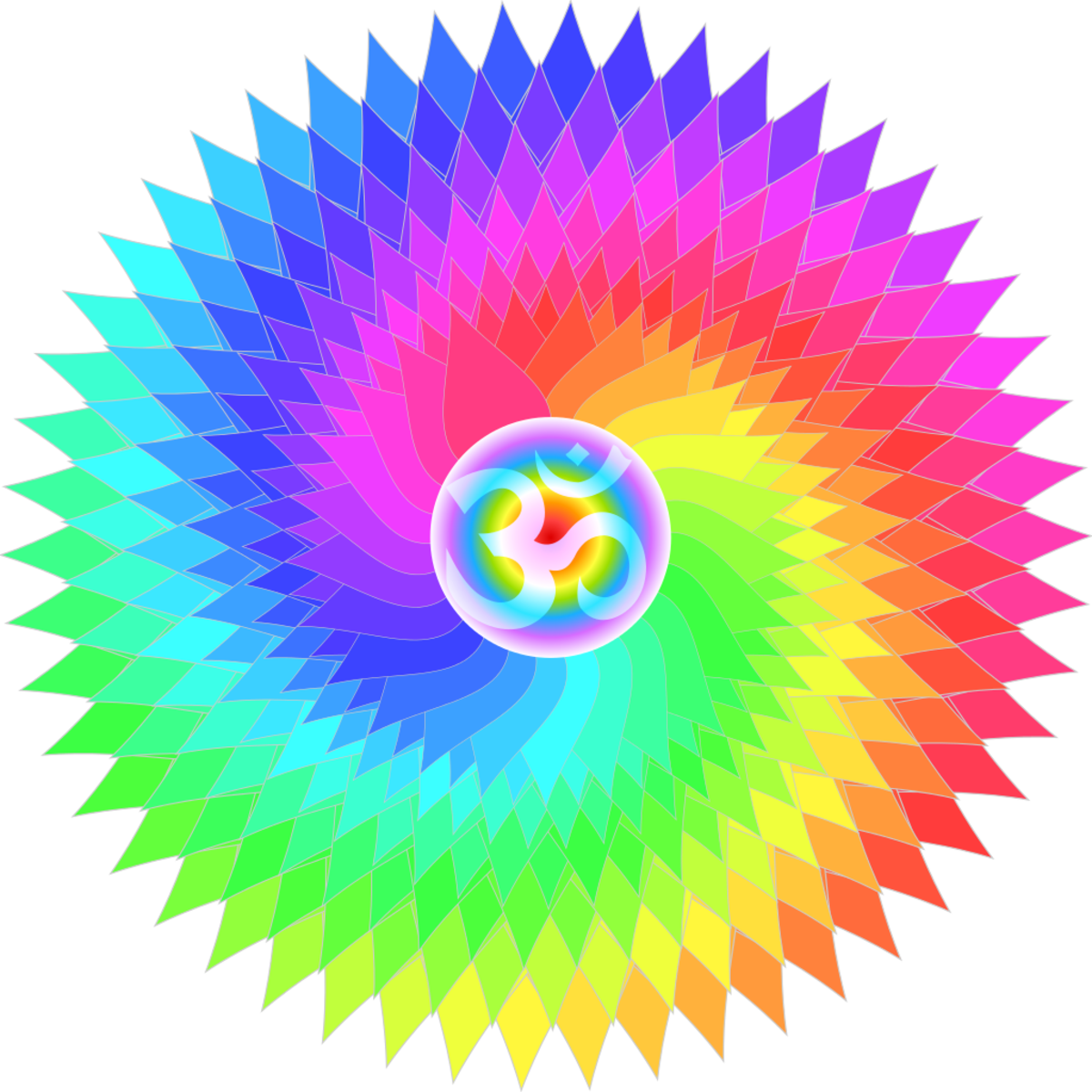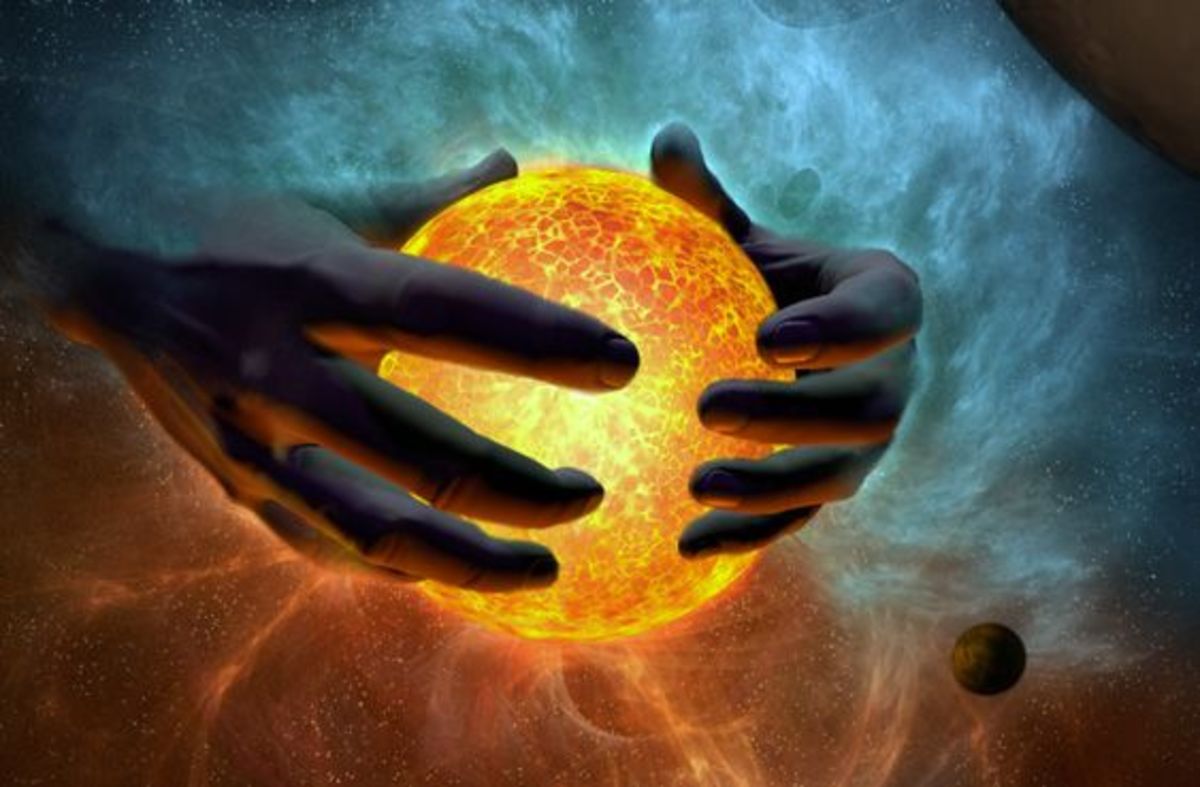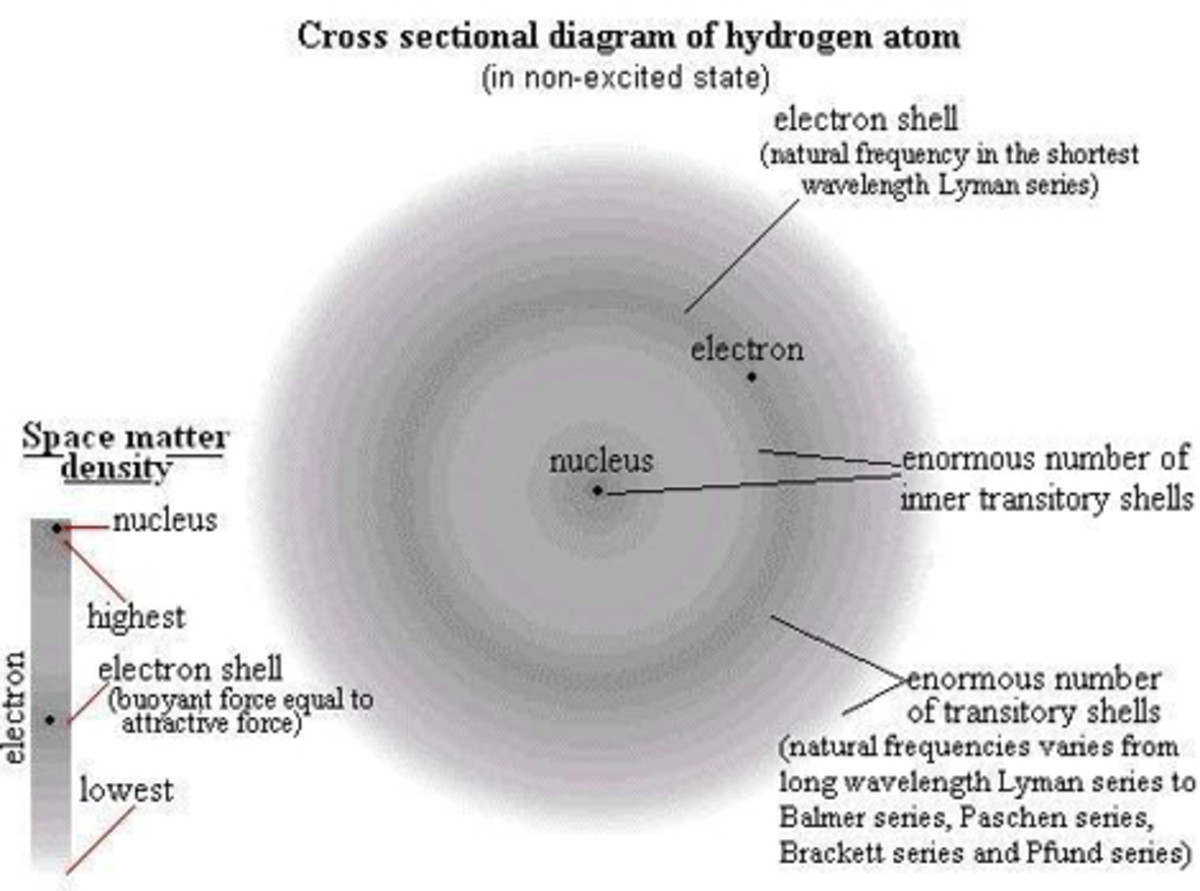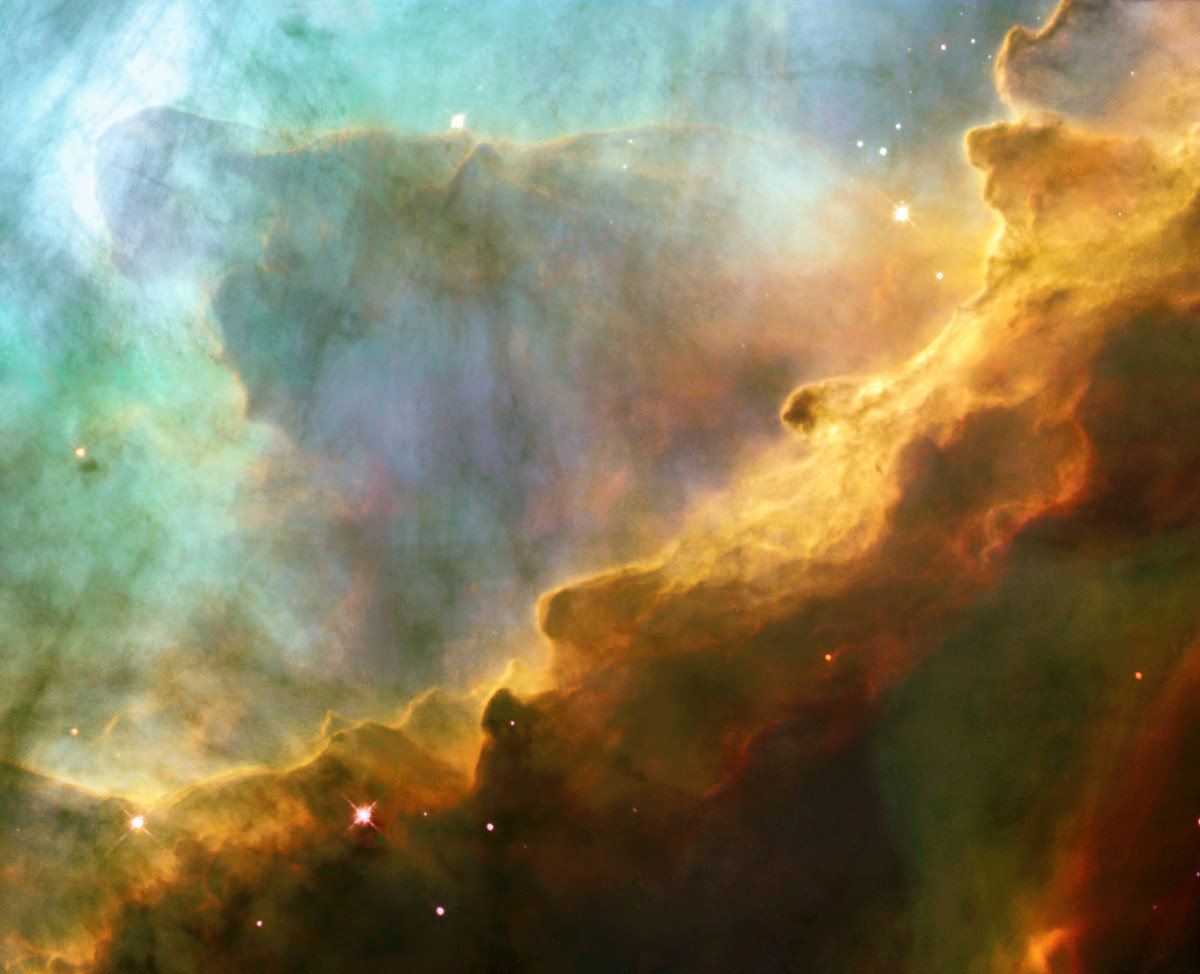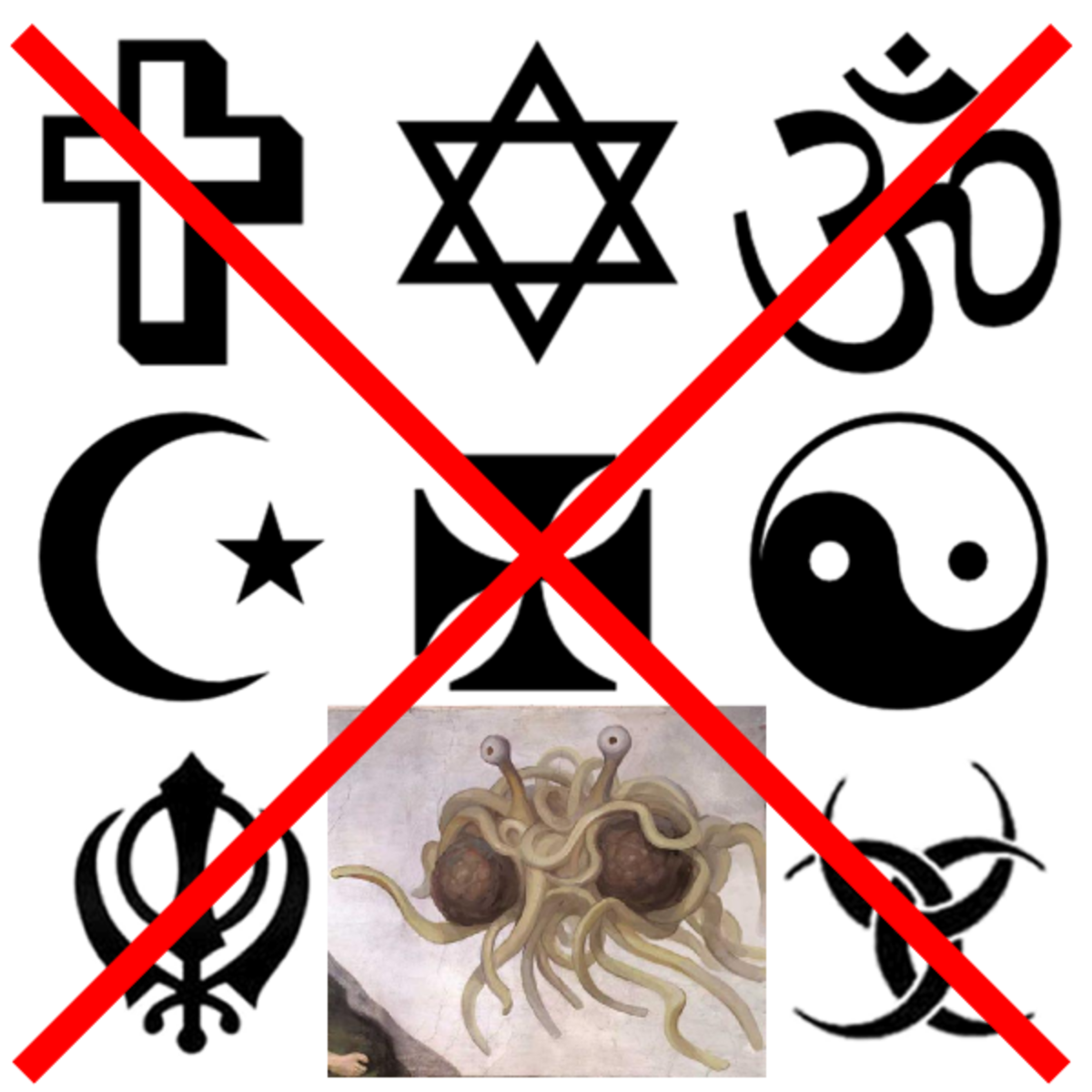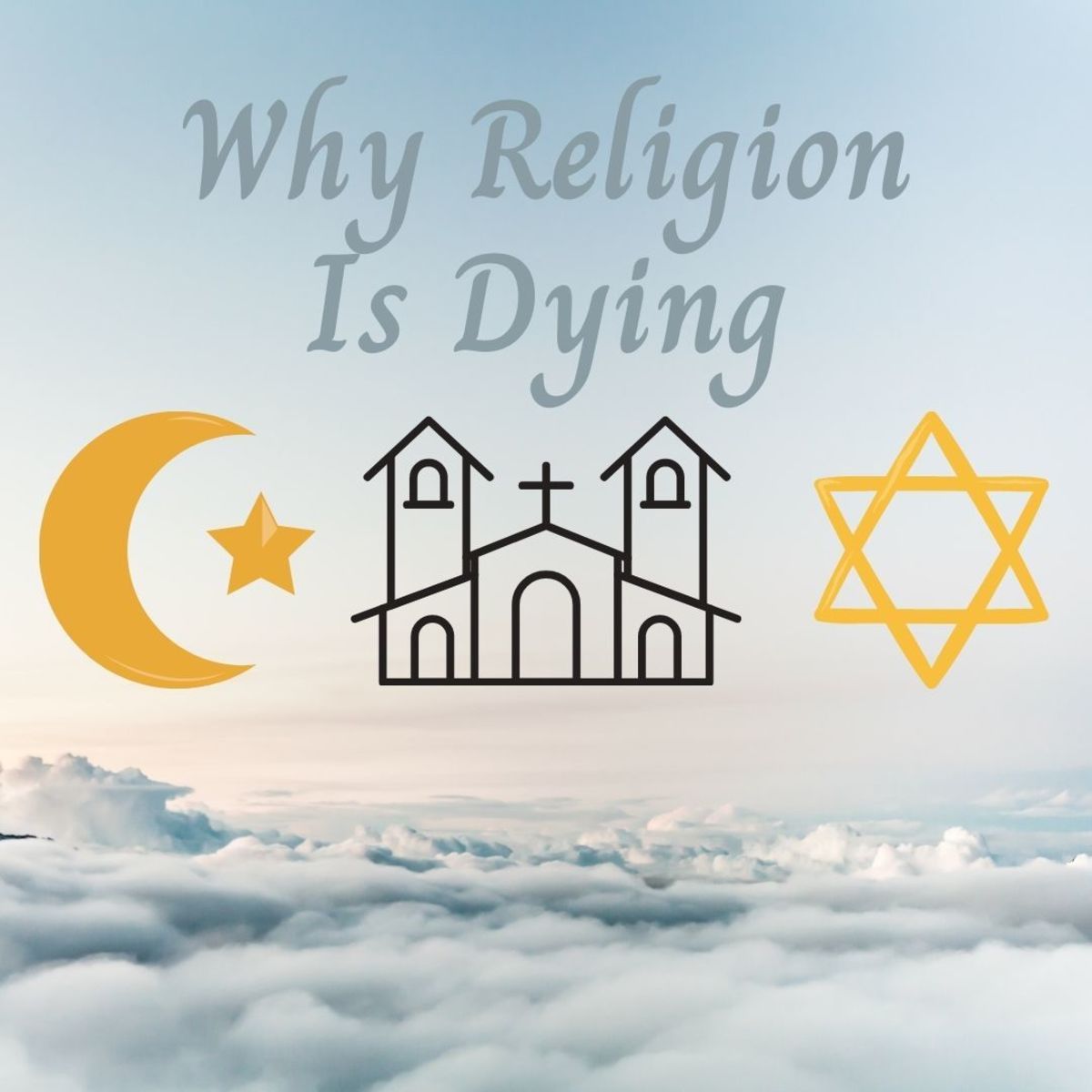Can a natrual process be creative enough to create mankind?

People who doubt that the universe could spring up from natural processes rather than a god often ask how happenstance could produce a creative creature like mankind as if the process of existence is all an accident.
This question has two parts. The first is about the idea that everything is an accident and the second part is about creativity. The first part is easy to explain: In a universe of cause and effect there are no accidents. One event follows another according to the rules of nature. A human may not be able to predict outcomes accurately but that doesn’t mean there are no specific causes for the effects we witness.
It is also usually followed by the related question of probability. Isn’t it funny that the world we live in happens to be in a perfect spot? Can that be a co-incidence? What are the odds? The answer to this second question is: The odds are 100 percent in favour considering it happened and here we are. Calculating odds is only a rational idea when the event has not yet happened.
If you ran the universe back to the beginning of time, assuming that the events that follow for some reason might not be exactly the same every time it was run, and asked what are the odds of an earth and what are the odds life will form from one, you might come up with odds against it happening. But since no one can run time backward to ask a question, and since the likelihood is that nothing different would happen because all events follow due to cause and effect, it is not only irrelevant, it’s a complete waste of time speculating about it. It happened so it was inevitable.
The next question is: So how can natural processes produce creativity without a god? Well what is creativity? Creativity only happens through conflict of some sort. That may come as a shock to some. Inner conflict, problem solving, art wanting to escape from an artist. Creativity is due to need and desire in humans. That’s where creativity comes from: our needs and desires. Creativity is for problem solving.
If all our needs were met and there were no conflict in our lives, there would be no need for creativity. Perfection destroys creativity by destroying the need for it. Is creativity really desirable? Well yes it is. But only when there are problems to solve.
So how does this relate to natural processes? For that we need to know a little something about physics. But before that we should talk about the standard proofs for god. There is only one logical proof. It goes something like this: You can’t get something from nothing. So if there were ever an instant where nothing at all existed, nothing could now exist. Therefore something must always have existed.
Thomas Aquinas said this something had to be god. Of course his god was a conscious uncreated being. Yet the proof does not require that it is. But back in Thomas’s time there was no other game in town. With modern science a new game arrived. The laws of Thermodynamics opened a whole new window on the world. Along with its sister laws, the laws of conservation, god was no longer the only possible answer to what has always been.
These laws tell us very simply that energy and mass cannot be created nor destroyed. That makes them eternal. But wait. Doesn’t science tell of a beginning? The Big Bang? It also says we cannot know the physics of a singularity and asking what came before the big bang is a meaningless question because there was no time or space. Time and space were created when the universe/singularity expanded.
Yet even though we cannot know the exact physics of a non-expanded singularity, we know what it was comprised of. In any big bang theory, you always start with a very condensed amount of energy. (all that now exists in the universe) It is never nothing, as some suggest. Even in the theories that postulate potential rather than actual energy at the beginning, the energy of the universe is always there.
So where does matter fit in? (To those who know a lot about physics please forgive me for simplifying this for those who don’t.) Energy has mass and all mass has energy. Mass is in essence matter. But the definition of matter is so diverse among different fields of science and philosophy that using M to mean matter in the equation E=mc Squared could lead to inaccurate conclusions depending on who's definition you use. And that formula is of very significant concern to the question because it tells us that mass/matter and energy are really two aspects of one substance: energy/mass or energy/matter.
How is energy/mass creative? Well look around. It has created all that exists. The reason it has created all that exists is due to the laws of conservation. They tell us that energy and mass cannot be created nor destroyed, but they can be transformed. And that is what they do: they transform.
If we go back a few seconds after the expansion of the universe we end up in a place full of subatomic particles like quarks. These particles formed the first atoms, starting with the simplest one, hydrogen. One electron and one proton. This happened as a result of what is known as the weak force and strong force in subatomic particles. As the universe cooled these clouds of new atoms condensed. When they condensed sufficiently to produce a critical mass due to gravity they became giant stars.
Pressure and temperature forced atoms together creating new types of atoms. When you force two hydrogen atoms together you get a new atom with two electrons and two protons as well as something new: neutrons.
This produces a new substance. The deeper in to the star the more pressure and the heavier the resulting atoms get. When those stars exploded due to being too large and unstable, they spread all those new atoms into the universe. As the clouds resulting from the explosions condensed they formed new smaller stars like ours, and the remaining cloud that wasn’t big enough to produce a star produced planets and moons.
Now remember that each time you add more electrons and protons you produce new basic elements. Now you have all these varieties of atoms interacting in space and on new planets.
Back to the laws of conservation. One of the most interesting laws tells us that every atom tends toward its lowest level of output of energy. Atoms are like couch potatoes at heart. If left alone, they will reach equilibrium at their lowest possible level of energy output. But they have a hard time achieving it due to interaction with other atoms.
An atom will merge with another atom in order to achieve a new lowest level of energy output. At times the mergers are violent. But most of the time they simply do something amazing. They produce a compound substance. Add two hydrogen atoms to an oxygen atom and you have something new and amazing: Water. And if you pass electricity through water you can separate the hydrogen from the oxygen. Then if you set the hydrogen on fire, the oxygen helps it burn. The combustion product of this burning is water.
All this from conflict. How creative can you get? Of course there are millions of possible combinations. Sometimes it is as simple as a stray electron getting caught in an atom’s attractive force. It suddenly has a much higher output of energy. What does it do? It is forced to fling the electron at the nearest atom. What happens next is an eternal game of hot potato that forces the two atoms together and forms a new substance.
So due to the nature of the atom toward its lowest output of energy, and conflict which makes it difficult for the atom to achieve its goal, mergers take place. Conflicts are resolved and new substances arise. From this we learn that chaos breeds order. (Chaos theory is in fact not about disorder, but about how things become ordered.)
Spin glass is a perfect example. Take molecules with wildly different spins. Throw them all together. You might expect an explosion. But no. Exact opposites cancel each other out. What is left is a super strong and stable piece of glass. Add energy and it becomes a teaming mess again. Stop adding energy, and after a time it settles down again. New order always arises from chaos.
A good human analogy is war. Either one side or the other runs out of resources, one side beats the other outright, or both parties run out of resources and will, and make a deal. In any event, the conflict always creates a new order through its resolution.
The atomic world is amazingly creative. The proof is all around you. And all it takes are a few simple rules to make things massively complex in no time. Compound substances subjected to electricity and pressure form new substances. Amino acids are formed even in space. (the basic building blocks of life) Proteins form; and soon you have cells. From there all the plants and animals form.
Evolution is again all about conflict and resolution. Catastrophe creating niches for new forms; times of stability that allows species to adapt and change. Natural selection. All order from conflict.
That’s why I said no outside god is required. Yes, energy/mass energy/matter is definitely capable of being what we could say metaphorically at least, is god, the producer of all things. That it isn’t conscious is of no concern at all. It isn’t required to be, considering its nature. Even all of Aquinas’s criteria are met.


